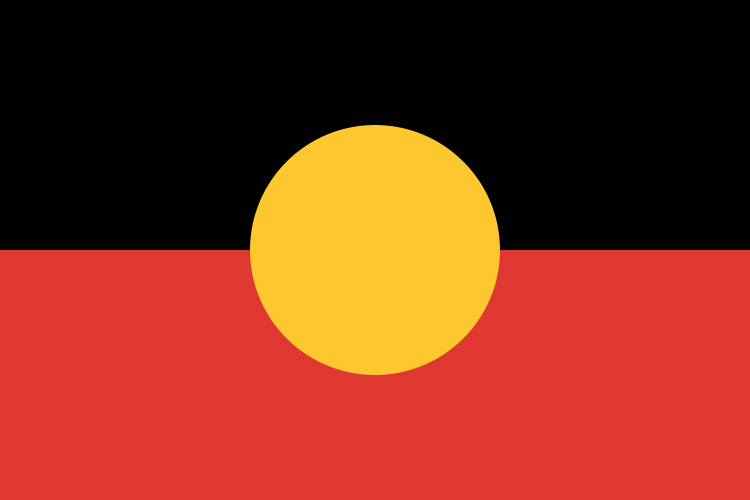May 26

That’s the difference between the UN and Australia. The UN would have called it “Day of Remembrance and Apologies for Injustices committed upon Indigenous Peoples” or something longer. Australians cut to the bone.
There are a number of things to be sorry about with regards to treatment of Australia’s Aborigine population, but Sorry Day focuses mostly on one particularly terrifying aspect—the taking of Aboriginal children from their families in an ill-conceived ‘re-education’ project during the early-to-mid 20th century.
Between 1910 and 1970 an estimated 20,000 to 25,000 Aboriginal and Torres Strait Island children were removed from their homes, in what amounted to essentially legally-sanctioned kidnappings. The full scope of the project and its failure were the subject of a government investigation in the 1990s.
Accounts of the “Stolen Generations” have inspired numerous books, plays, and movies, including Doris Pilkington’s 1996 novel Follow the Rabbit-Proof Fence and its 2002 film adaptation Rabbit-Proof Fence.
The results of the government investigation were released in the “Bringing Them Home” report, which was published on May 26, 1997.
The publication of “Bringing Them Home” coincided with another anniversary: the 30th anniversary of the Referendum of May 27, 1967, in which 90% of the Australian public voted to alter the language of the Constitution to remove discriminatory laws against indigenous people.
Henceforth, the week from May 27 to June 3 became Reconciliation Week in Australia.
Our friends Down Under tell us that Sorry Day is no longer an annual observance, but Reconciliation Week is. It is a week meant to encourage dialogue and help mend centuries of injustice against the nation’s indigenous population.

